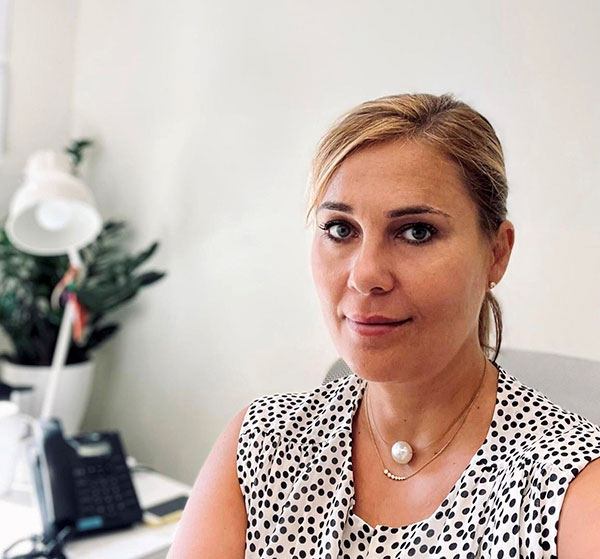Global supply chains affect workers’ rights
April 21, 2024 | Belgrade

The article from the Local newspaper “Politika” translated into English.
Politika is a daily newspaper that has been published in Serbia for more than a century. Politika belongs to daily political newspapers that adhere to highly professional journalistic standards, and newspaper that fosters a culture of dialogue and freedom of expression.
Link for the published article: https://www.politika.rs/scc/clanak/610541/Globalni-lanci-snabdevanja-uticu-na-prava-radnika
Translation:
The German Due Diligence Act introduced the possibility to initiate a complaint by workers in the German supply chain
And global supply chains affect human and workers' rights, which is why last year Germany passed the Due Diligence in Global Supply Chains Act. When it came into force, it only applied to companies with at least 3,000 employees (including temporary workers). There were about 600 such companies, while about a hundred companies are registered in Serbia that are supply chains of those German companies, so they are obliged to respect the application of a series of rules and standards, in order to protect human rights and the environment. The Chamber of Commerce of Serbia came to this information through a survey of its members.
As Tanja Lindel, assistant director of the Sector of Business Associations points out, about 60,000 employees worked in them last year.
- Now the legal scale on the minimum number of employees has been lowered, so in Germany the law applies to companies with at least 1,000 employees. There are about 3,000 such companies there, which means that there are five times more than those with 3,000 employees. Unfortunately, for now we do not have information on how many such Serbian companies there are, but it is logical that there will be significantly more of them, as well as more workers - Lindelova states.
She finds that domestic companies that were in the supply chains had no problems meeting the requirements of responsible behavior.
- Although they all did it on a voluntary basis, it is a bigger challenge for us when we go deeper into the supply chain, to small and medium-sized enterprises that are subcontractors to a supplier company. Still, a lot needs to be done with such companies. First of all, they need to understand why they need to change something in their business, to introduce new procedures and how to do it if they don't have any capacity - lists Lindelova, adding that large local companies that fulfilled all these conditions very often had the help of their foreign companies. comrades" with instructions or training.
- The same should be done with small and medium-sized enterprises in Serbia that are indirectly in the supply chain. PKS therefore organizes trainings and often engages in explaining why all this is important - she adds.
- For example, it bothers me that the companies that passed the checks of the world's largest customers, such as "Be-Em-Ve" or "Mercedes", although they easily passed those checks, still do not say that they have become responsible, but only point out that have met all customer requirements, which are required by the local due diligence law anyway. It refers to the application of a series of rules and standards aimed at protecting human rights and the environment, including the establishment of appeal mechanisms. This is proof that we are not yet at the level where all our companies voluntarily approach the procedures and the introduction of rules to make those procedures work - says Lindelova, adding that the rights of foreign workers are violated the most in our country. However, he adds that it is not only a matter of deliberate violation of their rights by companies, because a lot of fraud comes from employment agencies, both local and foreign, that bring in workers.
In Serbia, the largest number of companies export semi-finished products, parts and components to the EU, and the largest number go to Germany. Therefore, a large number of companies are part of global supply chains, so a large number of workers are also part of all of that - reminds Sanela Bakhtijarević, from the German Organization for International Cooperation (GIZ), which implements the project "Initiative for Global Solidarity" in Serbia, adding that that law introduced the possibility of filing complaints by workers in the German supply chain.
